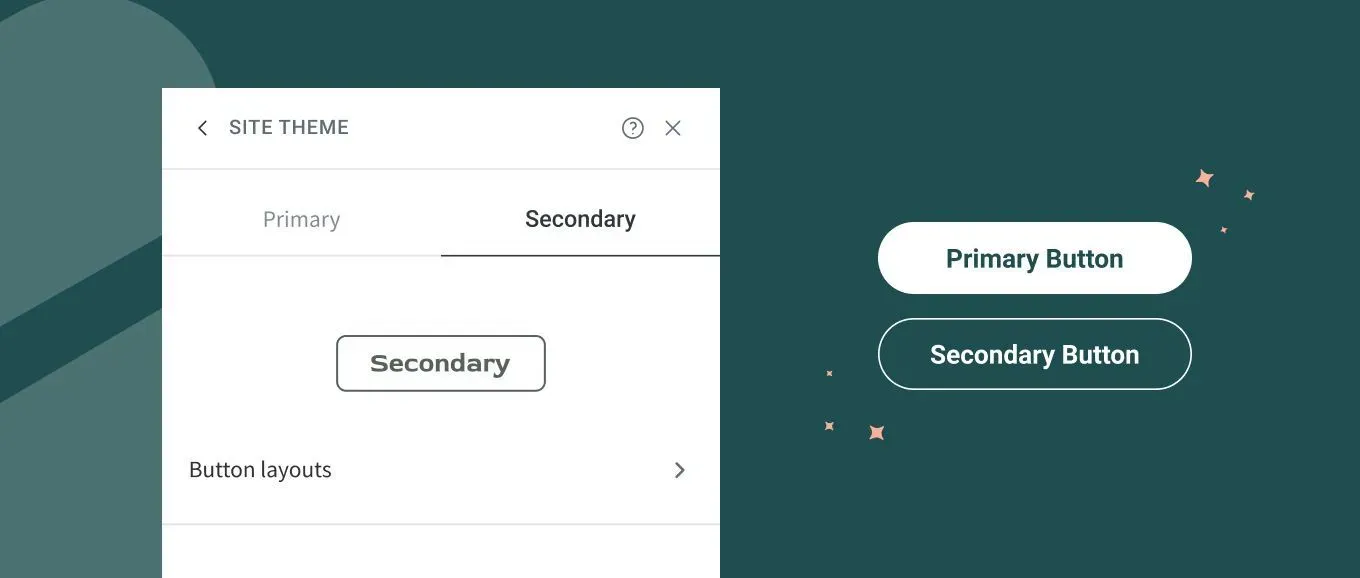While everyone knows that different websites have different names, not everyone knows where these come from, or who’s in control. If you’ve ever heard the term domain and wondered what it is or want to know more about it, this post is for you. Here's a walk through the world of domain names where we explain everything you need to know.
What is a domain name?
Domain name, often referred to as web address, is the text people type into a browser address bar to find a particular website... your website! A registered domain name is unique to you and can’t be used by anyone else, as it functions on the Internet in a similar way like a street address does in the physical world. It is for you and for you only.
Why do you need a domain name?
Any business or individual striving to create and build an online presence should own a domain name. A combination of a domain name, website, and email addresses form your unique brand online. This, in turn, helps your business increase brand awareness, build credibility and trust, and protects your trademarks and copyrights.
What are the different types of domain names?
This is where it gets a little more complex. There are different types of domain names you need to know about. We've broken them down below.
Top-level domain (TLD) refers to the last part of a domain name. This includes:
- .com – commercial business (the most common TLD)
- .org – organisations
- .net – network organisations
- .gov – government agencies
- .mil – military
- .edu – educational institutions
Top-level domains are classified into two broad categories: generic top-level domains (gTLDs) and country-code top-level domains (ccTLDs) - we have defined these below for you.
Generic top-level domain (gTLDs) is the part of the domain name that identifies the class it is associated with (.com, .org, etc).
Country code top level domain (ccTLD) is a two-letter domain extension (such as .uk) assigned to a geographical location.
nTLDs refers to the new top-level domain names that are geared towards certain organisations and services, as they’re more customisable, flexible and relevant. Some examples of nTLDs you may have seen are: .app, .wiki, .club, .cool , etc.
How do you choose a domain name?
- Keep it short and simple - long and complex domain names run a huge risk of being misspelled and mistyped. That’s just an unnecessary headache for the people trying to visit your website so make sure it's easy for everyone.
- Choose a name that’s easy to type and pronounce - this leads nicely onto the next point of making sure it's easy to spell and pronounce. If people struggle to spell or pronounce your domain correctly, it will affect the memorability of your website and hurt your brand.
- Choose a name that indicates what your business does - a clever domain name that suggests to the viewer what they can expect to find on your website is a great advantage to any business. So think about what you do and see if you can include it in your domain name.
- Only pick a domain name that can be turned into a brand - you don’t want exact and partial keyword match domain names because they’re too generic and very difficult to brand. We also advise you stay clear from using numbers and hyphens in your domain name as they’re too difficult to remember and pronounce. Remember the first point - keep it simple.
- Avoid names that can be confused with existing brands/companies - if you think you can piggyback on some other company’s success, you’re greatly mistaken. Brand confusion will be the least of your concerns when you get sued! So make sure your domain name is as unique as you are... you'll thank yourself for doing so!
- Use an appropriate extension - find the right extension for you. Use the definitions above to decide what works best for you and the purpose of the website. In many cases, it's advised to stick to the old good “.com”, merely because it’s the most recognised suffix everyone has seen. But if you’re targeting a local market, then ccTLDs is probably a better choice for your business. There are different factors to consider here so make sure you think about it.
Where can you buy a domain name?
When it comes to a domain name, you'll need to pay an annual fee to register it. When the registration period expires, you will be given the option to renew. If you don’t renew, the domain name will be made available to others to use.
There are quite a few domain name registrars out there, here are just a few you should have a look at:



